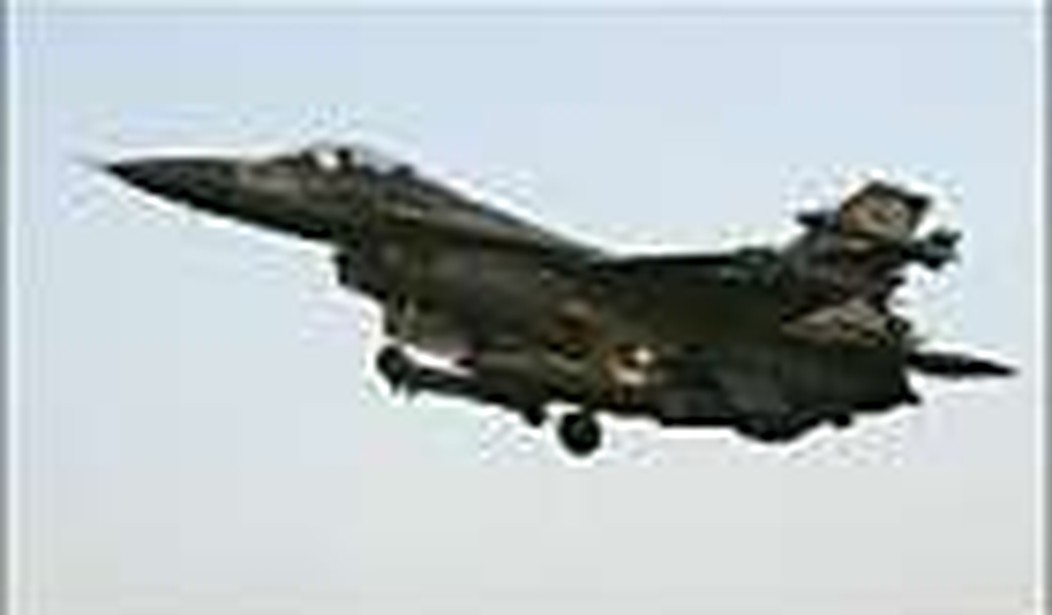By Allison Kaplan Sommer
It is clearly difficult to be an Israeli journalist with good military sources this week. You can palpably feel the frustration on the page as you read news articles and sense that the writers know so much more than they are telling.
Whether or not reporters know the precise details of what happened in Syria on September 7, when Israeli planes attacked a mysterious target near the Syrian-Turkish border – the extremely tight censorship rules forbid them to report any of it – and Israeli officials are publicly, and uncharacteristically – silent.
So the Israeli press clenches their teeth and carefully does what they are permitted to do – repeat the reports that are emerging from overseas media and add their commentary as best they can. Meanwhile the public has had no way of knowing for certain whether the raid was “merely” an attempt to stem the flow of weapons from Syria to Hezbollah – or something of historic significance, a meaningful blow against an Axis of Evil.
Rocking the Israeli media this morning was the story published in the British Sunday Times on the attack citing “intelligence sources” as saying the attack was “a highly successful Israeli raid on nuclear material supplied by North Korea.”
An accompanying background article discussed the ongoing military cooperation between North Korea and Syria in the dangerous realms of nuclear and chemical weapon development.
The Times reported that:
According to Israeli sources, preparations for the attack had been going on since late spring, when Meir Dagan, the head of Mossad, presented Olmert with evidence that Syria was seeking to buy a nuclear device from North Korea.
The Israeli spy chief apparently feared such a device could eventually be installed on North-Korean-made Scud-C missiles.
“This was supposed to be a devastating Syrian surprise for Israel,” said an Israeli source. “We’ve known for a long time that Syria has deadly chemical warheads on its Scuds, but Israel can’t live with a nuclear warhead.”
The Times report came on the heels of another much-cited story published Saturday in the Washington Post, which stated:
A prominent U.S. expert on the Middle East, who has interviewed Israeli participants in a mysterious raid over Syria last week, reported that the attack appears to have been linked to the arrival three days earlier of a ship carrying material from North Korea labeled as cement.
The expert, who spoke on the condition of anonymity to avoid compromising his sources, said the target of the attack appears to have been a northern Syrian facility that was labeled an agricultural research center on the Euphrates River, close to the Turkish border. Israel has kept a close eye on the facility, believing that Syria was using it to extract uranium from phosphates.
The expert said it is not clear what the ship was carrying, but the emerging consensus in Israel was that it delivered nuclear equipment. The ship arrived Sept. 3 in the Syrian port of Tartus; the attack occurred Sept. 6 under such strict operational security that the pilots flying air cover for the attack aircraft did not know details of the mission. The pilots who conducted the attack were briefed only after they were in the air, he said.
Well-connected Israeli journalist Yossi Melman reported this morning in Ha’aretz that “a ship reportedly flying a North Korean flag that docked in Syria have changed their records following a report in The Washington Post linking the alleged Israeli air strike in Syria to a North Korean shipment.”
Another tantalizing hint that the Sept. 7 raid wasn’t a run-of-the-mill attack was provided when a Kuwaiti newspaper ran a story claiming that Turkey provided assistance with the attack.
Al-Jarida reported that “Turkey provided Israel with intelligence on Syria prior to last week’s alleged IAF flyover into the country, Kuwaiti newspaper Al-Jarida , playing a central role in delivering precise information regarding targets in Syria that were to be hit by Israeli planes and that the Turkish army authorized Israel to use its airspace in order to carry out the operation, and that all of this occurred without the knowledge of the Turkish Prime Minister.
Taken together, the stories hav given some Israeli commentators more license to observe – without offering any further details – that this strike on Syria was a major move to preserve Israel’s deterrence abilities in the region. Without revealing details, some are declaring it a “historic event” – as significant as the attack in Iraq in 1981 or last summer’s war in Lebanon.
History or spin?
In his blog, the Economist’s correspondent Gideon Lichfield has been mulling over whether or not “this news cycle is all part of a big conspiracy by Washington hardliners – with ex-UN ambassador John Bolton at the fore – and Israel to push the Iran-Syria-North Korea connection, with the media gullibly playing along.”
Only time – and further leaks – will tell whether or not this is true.









Join the conversation as a VIP Member